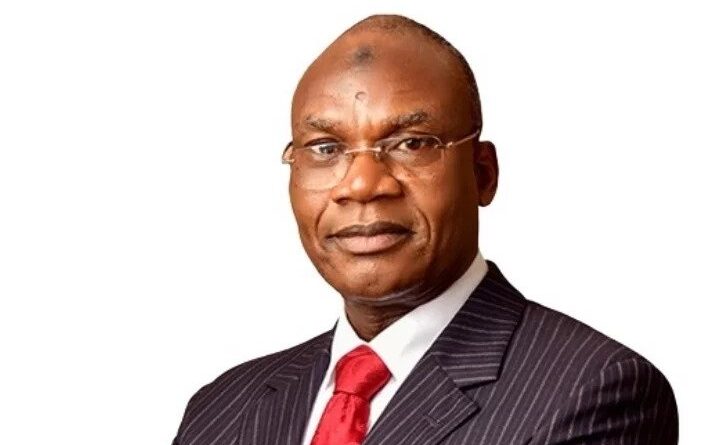FG to increase education funding by 25%- Minister
Prof. Tahir Mamman, Minister of Education, has expressed President Bola Tinubu’s willingness to increasing the education budget by 25% with the appropriate policies in place.On Monday, Mamman declared open the 2021 and 2022 Nigeria Annual Education Conference (NAEC) in Abuja.
The conference’s theme is “Implementing the Education 2030 Agenda for Sustainable Development in Nigeria.”The minister also stated his intention to close the gap between education policy declarations and their implementation outcomes.He stated that the country has many sound policies on what needed to be done in the best interests of the country, but that those policies were not bringing value to the sector.
“President Tinubu has directed that the 10.5 million out-of-school children be returned to school at the end of his tenure.” We’ve still got a long way to go. We are not providing the desired education to the youngsters in the country because our policies are not developing the values we require.
“Action on the ground, not policy declarations, is what we need.” This is where I can tell you that we aim to intervene. We want to close the gap between policy pronouncements and actualized outcomes.
“This is to provide them with future training that will enable them to live their lives and become labour employers.” “Everyone deserves to live a dignified life for the sake of their family,” he stated.He stated that the government’s responsibility is to offer possibilities for Nigerians to be empowered, and that the time has come to put the plans into action.
He also stated that basic and secondary schools should be outfitted with proper skill templates for creativity and research.”We know that societies that have benefited from education are known for nurturing creativity and research, which starts at the lower levels,” he said.
He stated that implementation methods were required to establish mechanisms for continuous monitoring and review of policies in order to ensure that the SDG targets were met.The minister expressed concern about the condition of insecurity in schools and throughout the country, grieving the recent killing of Miss Deborah Atanda, a nursing student at Federal University, Oye-Ekiti.
He did, however, direct the Vice Chancellor of the school to work with security to find the culprits of the murder.He entrusted stakeholders with collaborating with the Federal Ministry of Education and its agencies, as well as state education ministries, to explore new ideas for improving funding and guaranteeing inclusive, equitable, high-quality education and life-long possibilities.
Meanwhile, David Adejo, Permanent Secretary of the Federal Ministry of Education, noted that the conference’s 2021 and 2022 editions could not be organised due to the COVID-19 recovery, which prompted its postponement till now.
Abubakar Isah, the ministry’s director of information and communication technology (ICT), spoke on Adejo’s behalf and charged stakeholders with brainstorming methods to collaborate and develop partnerships to implement the 2030 education goal.
James O’Donoghue, Education Adviser, Foreign, Commonwealth, and Development Office (FCDO), also pledged the UK’s commitment to assisting Nigeria in implementing the 2030 SDG agenda and ensuring that every child receives a decent education.
O’Donoghue urged the Nigerian government to expand education financing while simultaneously ensuring that the money is used for the broader goal of education.
The UN recommended that the federal government increase its current budgetary contribution to education from 7% to 20% in order to fulfil SDG 4—universal, inclusive, and equitable basic education for all school-age children by 2030. For many years, Nigeria’s allocation to education has been lower than the acceptable norm for developing countries.
According to Zainab Ahmed, minister of finance, budget, and national planning, the sector received N1.79 trillion in the 2023 budget, accounting for 8.2 percent of the allocation bill.According to the former minister, N103.29 billion was provided for the Universal Basic Education Commission (UBEC), while N248.27 billion was sent to the higher Education Trust Fund (TETFUND) for infrastructural projects at higher institutions.
Ahmed also stated that N470 billion has been set aside for the regeneration of tertiary education and pay increases.For reference, the education sector received the second-largest allocation in the budget, trailing only the defence and security sectors, which received N2.98 trillion, or 13.4 percent of the budget.
The United Nations Educational, Scientific, and Cultural Organisations (UNESCO) suggested that member countries allocate four to six percent of their GDP or 15 to 20 percent of their public expenditures (annual budget) to education.UNESCO, on the other hand, stated that “the majority of countries have not yet reached this threshold.”
The allocation to the sector in 2023 increased from N923.79 billion in the previous year’s budget, representing 5.4 percent of the N17.23 trillion budget.




